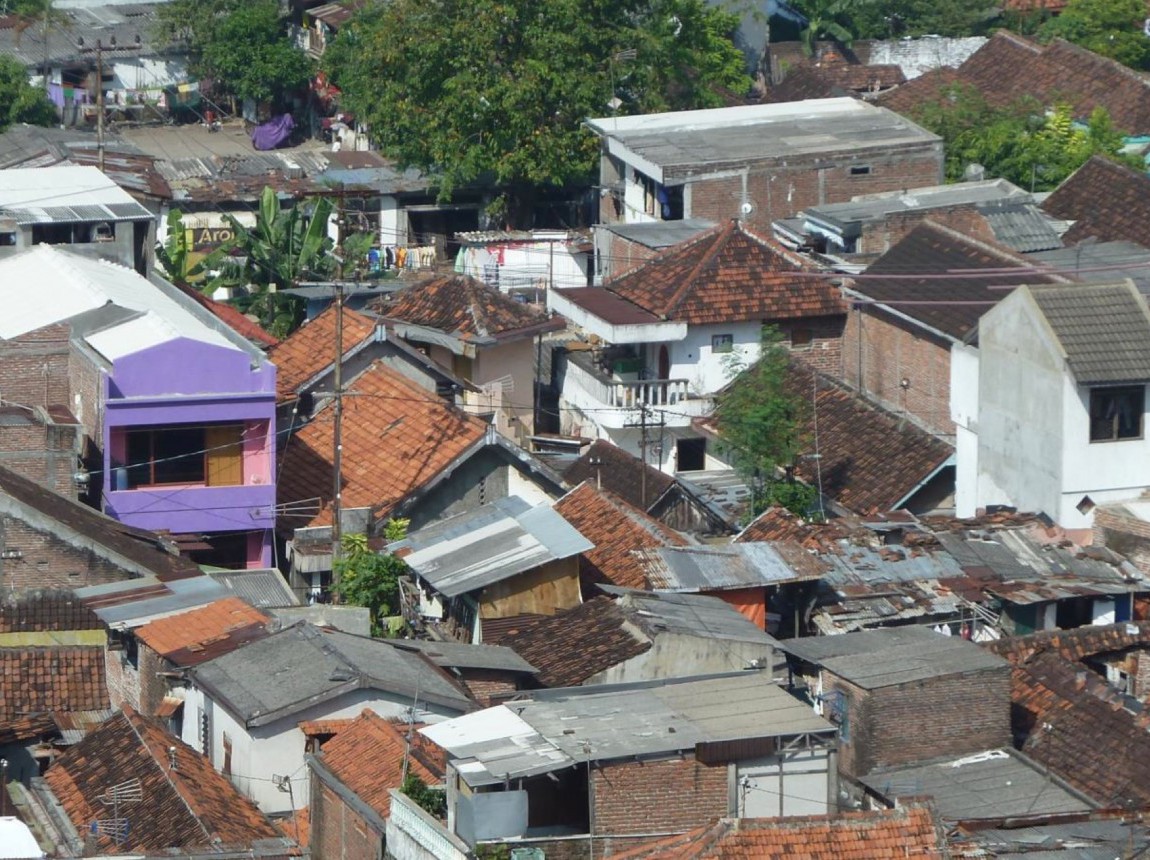Related

Nov 09,2015
Markets, Design, and the City
The Complete Reading List
by

Jan 23,2015
Housing Affordability: Top-Down Design & Spontaneous Order
by
Brandon Fuller

This paper investigates China’s land quota markets, a recent land policy innovation that virtually transfers urbanization permission from the countryside to cities. Local governments have created new land quotas by demolishing sparsely located farmhouses, and resettling peasants into high-density apartments. These quotas are then sold in new land quota markets to real estate developers. I find that China’s land quota markets alter the traditional calculus of location and land use theory: the rural hinterlands have suddenly become valuable to urban land markets. These dramatic changes are the result of reconstructing property rights in land. The quotas traded on the market are a right to convert land use from rural to urban, separate from development rights to invest in specific properties. These institutional changes were initiated by recalibration of intergovernmental relationships: the Central Government delegates more autonomy to local governments and the municipality centralizes control over land by subordinating district and county governments. The implications of the new land quota markets are profound and many. They further draw land resources away from rural areas to urban areas, and reinforce the imbalances between big and small cities. The impact on peasants is rather mixed, and depends on the locations of the resettled peasants.
Tile and header image courtesy of Sanfamedia.com
Please fill out the information below to receive our e-newsletter(s).
*Indicates required.